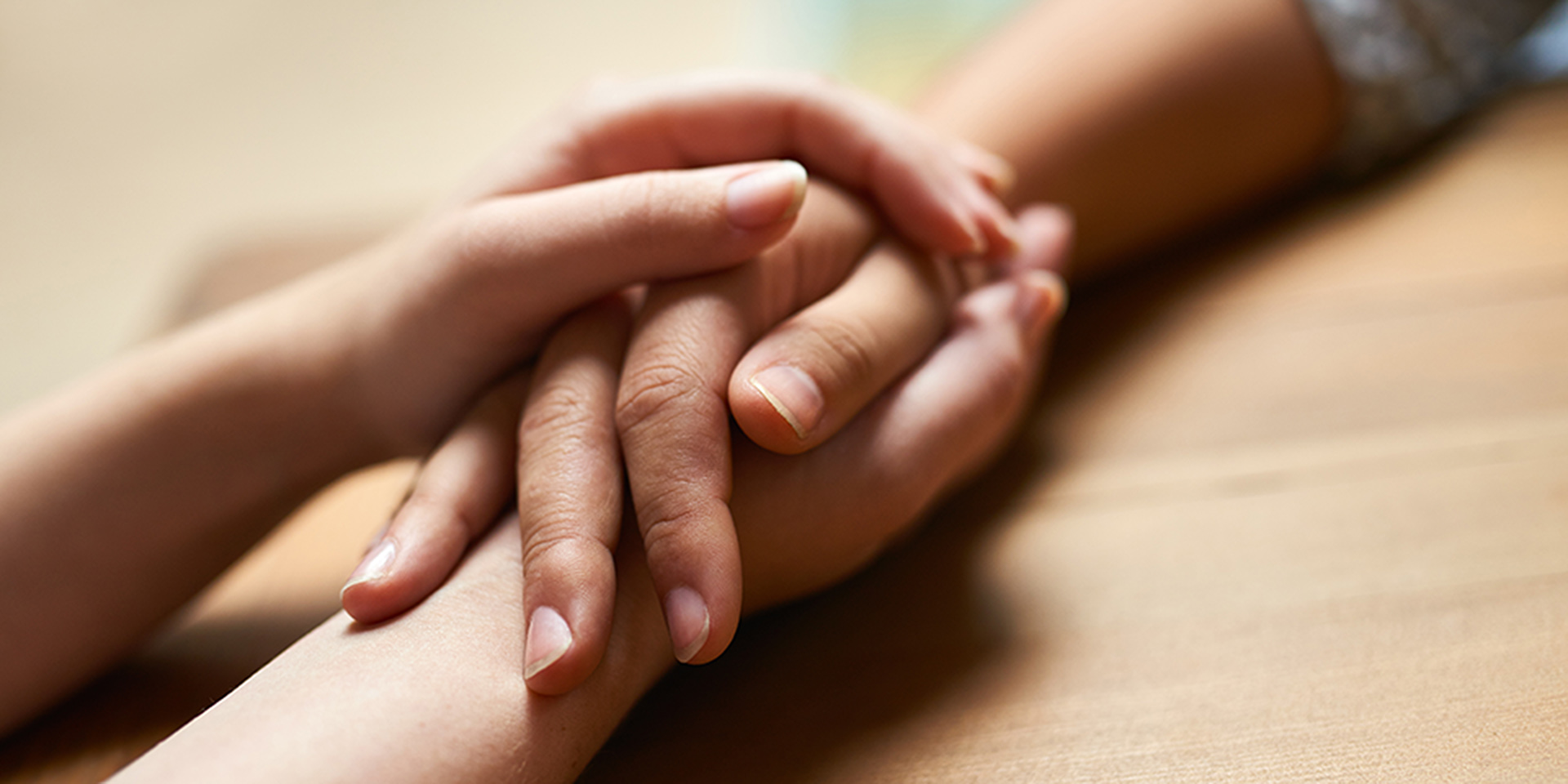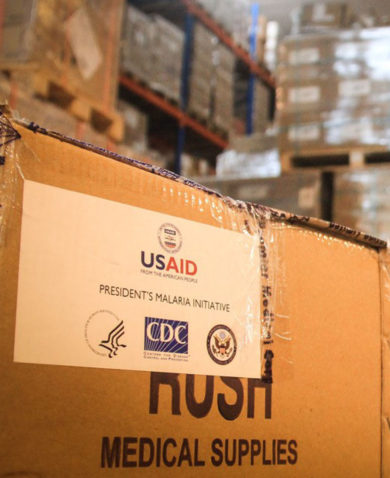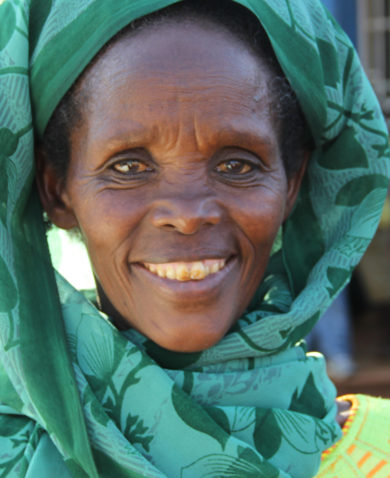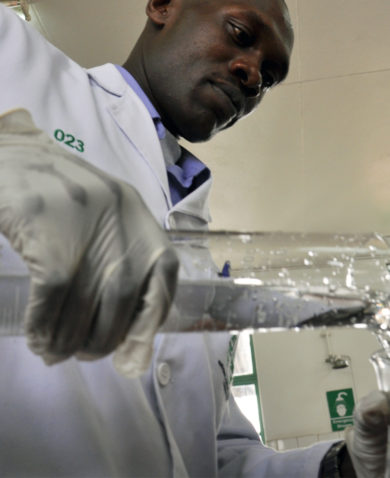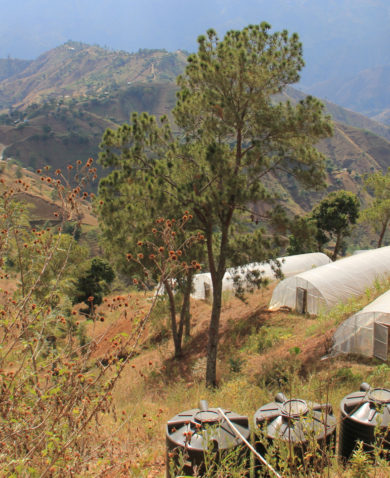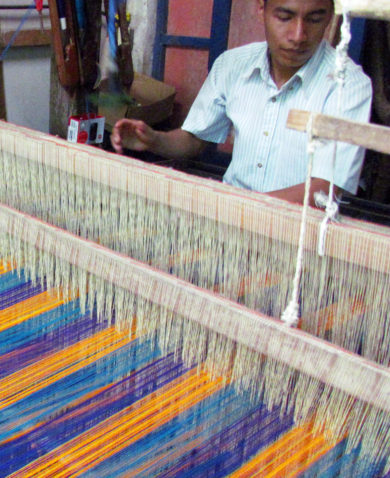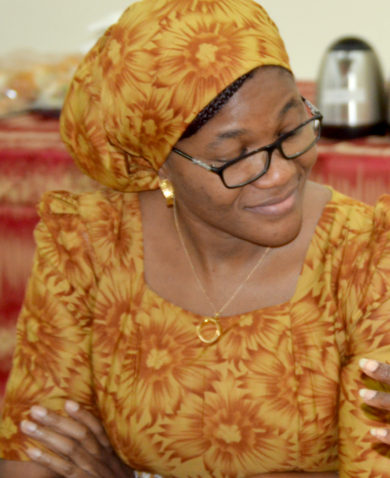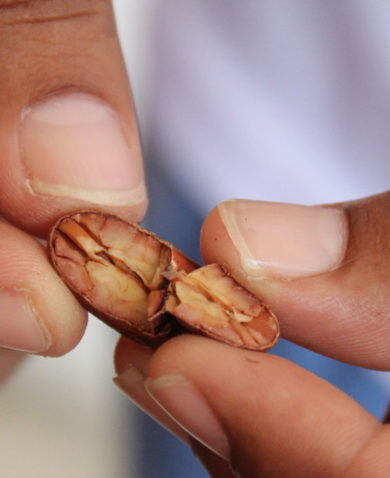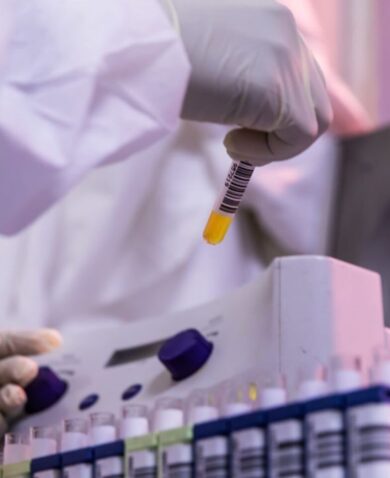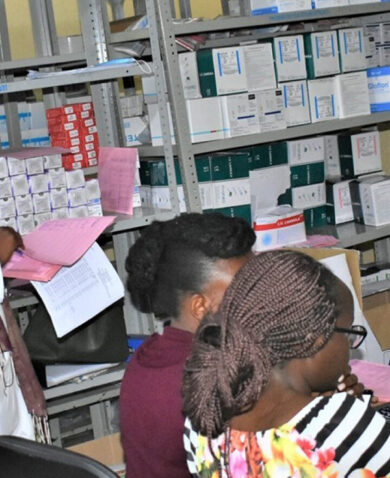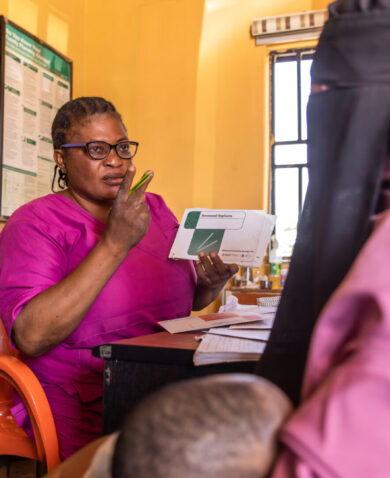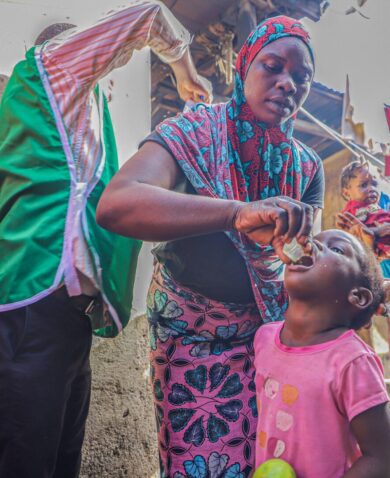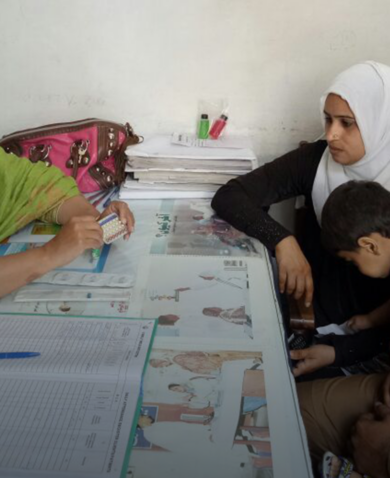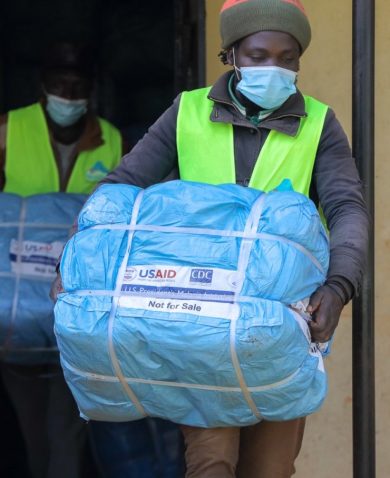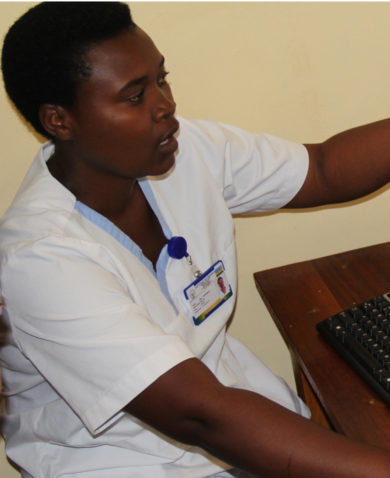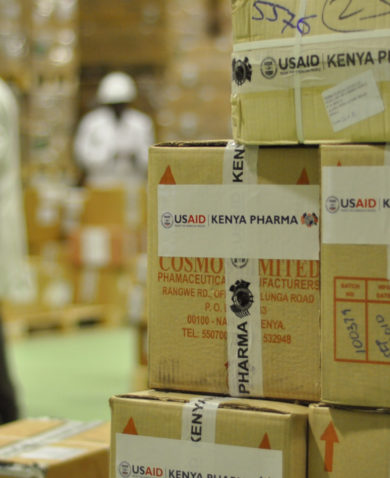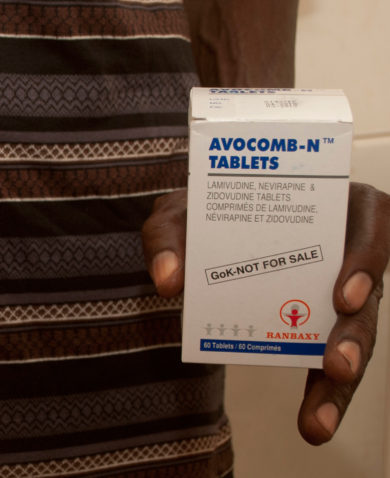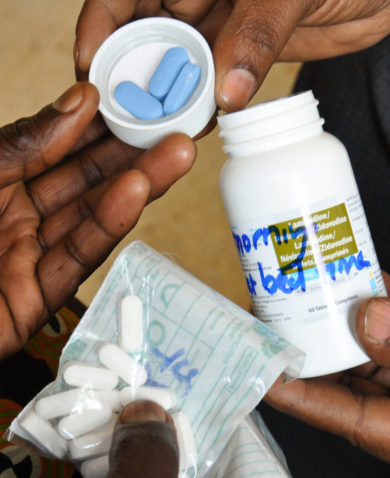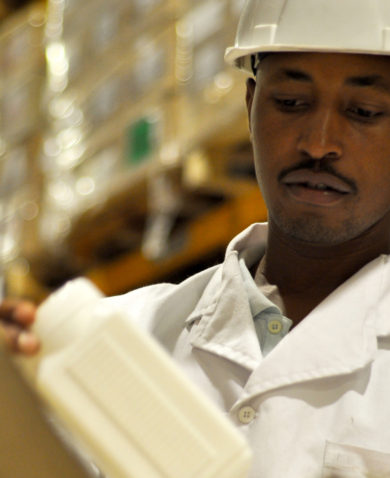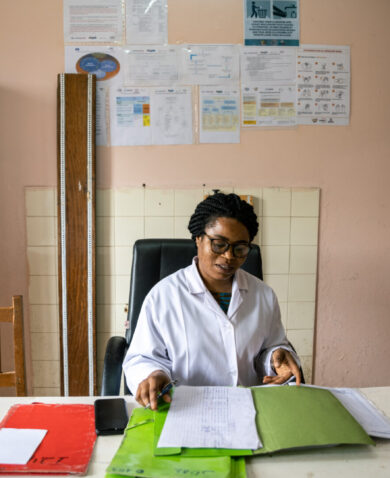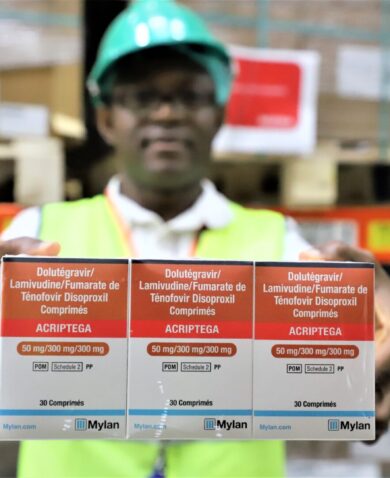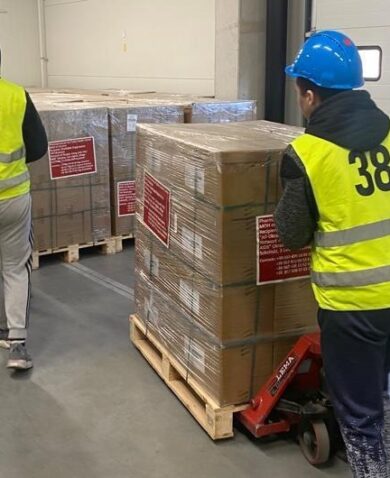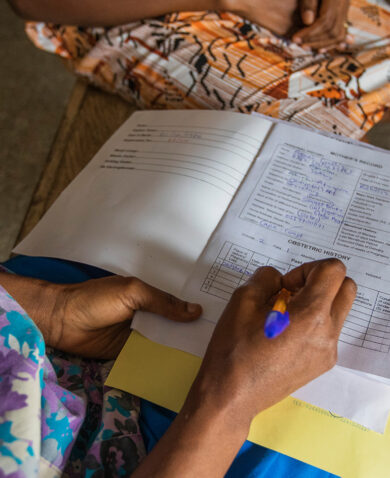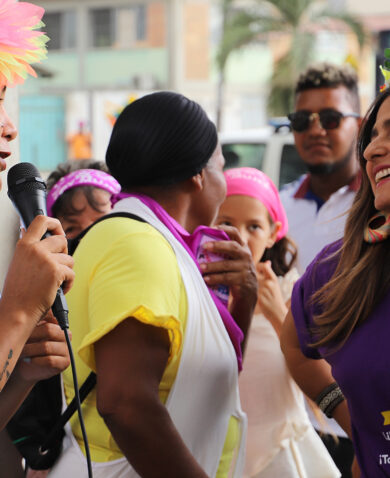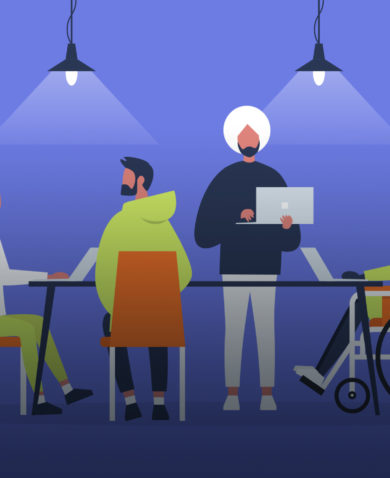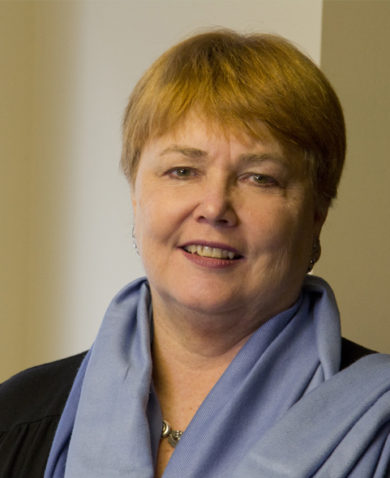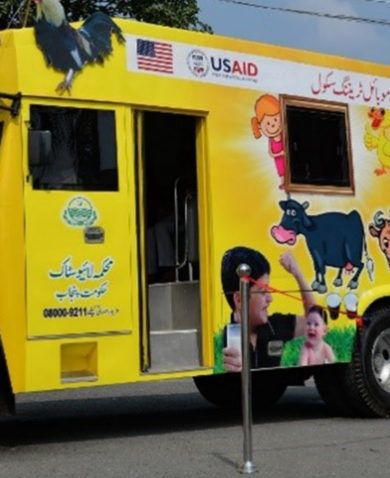In the Republic of Cameroon, Pauline Mouton is the first person to ever disclose their HIV status on national TV. Like Jeanne, Pauline contracted HIV from her husband in 1993, and he died a year later. “No one ever knew that my husband died of AIDS, I even kept it a secret [from] the children for many years.” The shame that comes with having HIV causes many to never tell loved ones, or even worse, to not seek treatment. For years Pauline refrained from telling anyone about her diagnosis, but still she became heavily involved in HIV/AIDS prevention, education, and advocacy. In 1999, Pauline attended a conference in Uganda that focused on HIV/AIDS and women’s health. It was after this conference that she founded her own organization to offer health services to people living with HIV, The Women’s Association for Solidarity and Action (AFAFSO).
The year was 2001. First Lady of Cameroon Chantal Biya was preparing for the annual African First Ladies Summit. Madame Biya reached out to Pauline and wanted her to help find someone who was living with HIV that would be comfortable enough to give the keynote speech at the summit and talk about their experience living with this disease. Without thinking twice, Pauline told the first lady that she will give the keynote. The night before the nationally televised event, Pauline called her family members and close friends to tell them to watch the program without any explanation. Not only did Pauline inform her friends and family of her HIV status through her speech at this summit, but she also shared her story with all of Cameroon. “When I uttered the words, ‘I am a person living with HIV’, you [could] hear everyone gasp in the room. No one at that time would have expected someone like myself to be living with HIV. People were absolutely taken by surprise. I looked healthy and this shattered their perceptions of [what] a person living with HIV looks like, and this was the point that we were trying to get across.”

